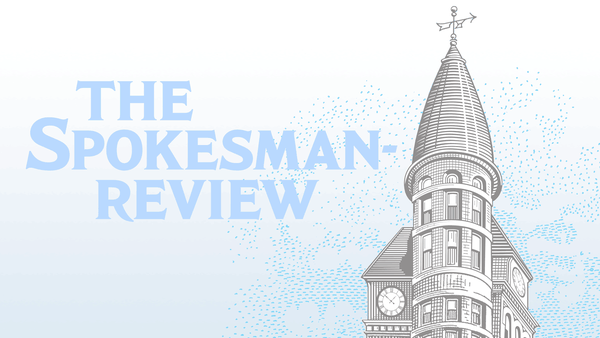Private Medicare, Medicaid plans exaggerate in-network mental health options, watchdogs say – Sat, 25 Oct 2025 PST

Report Finds Many Mental Health Providers Falsely Listed in Private Medicare and Medicaid Plans
Companies operating private Medicare and Medicaid insurance plans have been found to inaccurately list numerous mental health professionals as available to treat plan members, according to a new federal watchdog report. Investigators allege that some insurers have effectively established “ghost networks” of psychologists, psychiatrists, and other mental health providers who supposedly agreed to treat patients covered by publicly financed Medicare and Medicaid plans.
In reality, many of these professionals do not have contracts with the plans, do not work at the locations listed, or are retired, the investigators said.
Findings from the Office of Inspector General
The Office of Inspector General for the Department of Health and Human Services, which oversees Medicare and Medicaid programs, released these findings in a recent report. The report focuses on insurers paid by the government to cover individuals in Medicare Advantage and privately managed Medicaid plans. About 30% of all Americans have coverage through such insurance, according to the report.
The government pays these insurers hundreds of billions of dollars annually. The companies receive set rates per enrollee and are allowed to keep any unspent funds. They are required to maintain adequate networks of healthcare professionals under contract to serve patients in each region they cover.
However, the report found that 55% of mental health professionals listed as in-network by Medicare Advantage plans were not providing care to any plan members. For Medicaid managed care plans, the figure was 28%.
Ghost Networks and Inaccurate Listings
Several mental health providers told investigators they should not have been listed as in-network for these insurers’ members because they no longer worked at the listed locations or did not participate in Medicare Advantage or Medicaid managed care plans. Some reported working solely as administrators and no longer providing patient care.
In one instance, a private Medicaid plan listed a mental health professional as offering care at 19 practice locations. Yet when investigators contacted a receptionist at one clinic, they were informed the professional had retired years ago.
Impact on Patients
Jeanine Simpkins of Mesa, Arizona, experienced firsthand how limited these networks can be. This fall, a 40-year-old family member was in crisis, and Simpkins struggled to find a drug rehabilitation program that accepted the relative’s Medicare Advantage insurance, which covered the person due to a disability.
She contacted about 20 rehab centers, none of which accepted the Medicare insurance plan. “You feel kind of dropped,” Simpkins said. “I was pretty surprised, because I thought we had something good in place for her.” Eventually, her relative enrolled in part-time hospital care instead of an inpatient rehab center.
Finding timely, nearby care can be challenging for all health issues, from minor illnesses to serious conditions like cancer. But Jodi Nudelman, a regional inspector general who helped prepare the report, said the stakes are particularly high for those seeking mental health care.
“They can be particularly vulnerable,” Nudelman said in an interview. Acknowledging the need for mental health care is often difficult, and any obstacle may discourage patients from pursuing help.
She also emphasized that taxpayers are not getting their money’s worth if insurers fail to fulfill their obligations to provide adequate care options for Medicare and Medicaid participants.
Scope of the Report and Industry Response
The federal report examined a sample of 10 counties across five states: Arizona, Iowa, Ohio, Oregon, and Tennessee, including both urban and rural areas. The insurers evaluated were not identified.
Susan Reilly, vice president of communications for the Better Medicare Alliance—a trade group representing Medicare Advantage plans—stated that managed care companies support federal efforts to improve mental health service access.
“While this report looks at a small sample of plans, we agree there’s more work to do and are committed to continuing that progress together with policymakers,” Reilly said in a statement.
Recommendations
The report’s authors believe their sample represents the national situation well. It reviewed 40 Medicare Advantage plans and 20 Medicaid managed care plans.
Among their recommendations, they urge government administrators to use medical billing data more extensively to verify whether health professionals listed as in-network are actually providing care to patients covered by private Medicare and Medicaid plans.
Additionally, the watchdogs recommend the creation of a national, searchable directory of mental health providers. This directory would display which Medicare and Medicaid insurance plans each provider accepts, helping patients locate care more easily and enabling checks on the accuracy of insurers’ in-network provider listings.
Federal administrators overseeing Medicare and Medicaid have already begun steps toward establishing such a directory, the report’s authors noted. Reilly confirmed that managed care companies support this initiative.
http://www.spokesman.com/stories/2025/oct/25/private-medicare-medicaid-plans-exaggerate-in-netw/









